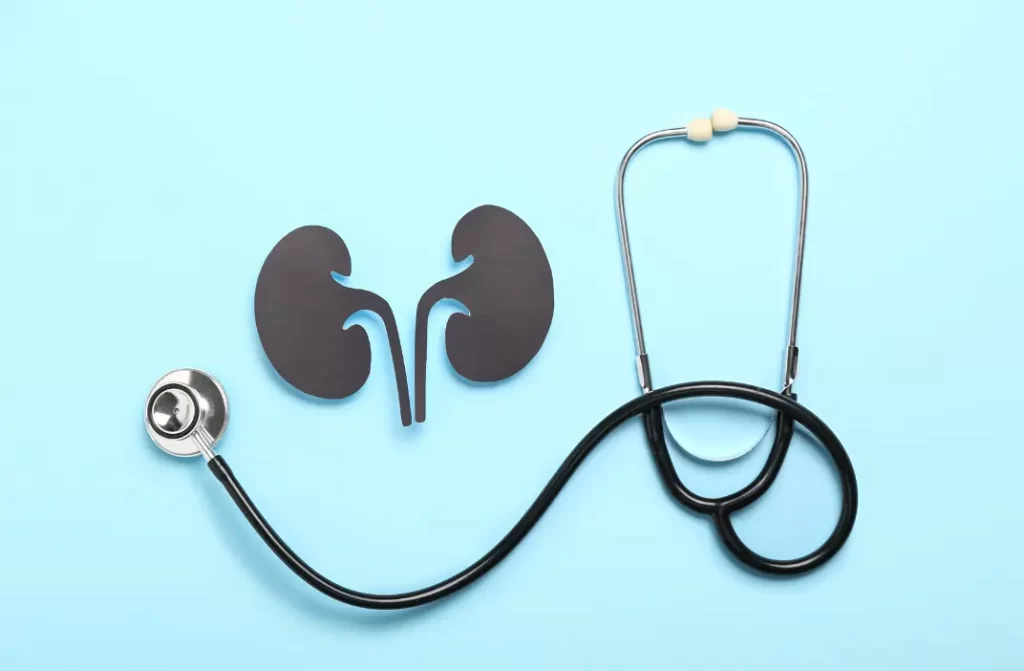A urinary tract infection (UTI) is an infection of the urinary system (including the kidneys ureters, bladder and urethra). Most UTIs involve the lower urinary tract, like the bladder and urethra. Most UTIs are not serious if treated immediately with antibiotics. However, if you leave the UTI untreated, the infection can spread to the kidneys and bloodstream and become fatal. It could result in a kidney infection and cause kidney damage and scarring.
What are the causes of a UTI?
A UTI is caused due to a bacterial infection. Bacteria usually enter the urinary system through the urethra and multiply in the bladder.
In men, prostrate problems can also cause UTIs. An enlarged prostate (BPH) is commonly seen in older men and can obstruct urine flow. This increases the odds of bacteria buildup, causing a UTI.
To understand how UTIs develop, it is helpful to divide them into bladder and urethral infections.
- Bladder infections – The bacteria E. coli is a common cause of bladder infections, also known as cystitis. It is commonly found in the intestines of healthy humans and animals and doesn’t cause any problems in its normal state. However, if it makes it past the intestines and into the urinary tract, it can cause infection.
- Urethral infections – It is also known as urethritis. This type of UTI can occur when GI bacteria pass from the anus to the urethra.1 2
The complications of UTIs include:
- Repeated infections: It means two or more UTIs in six months or three or more in a year. Women are especially prone to recurring infections.
- Permanent damage to your kidney: You can have kidney damage due to an untreated UTI.
- UTI during pregnancy: When a UTI occurs during pregnancy, a low birth weight or premature infant is born.
- Narrowed urethra: It occurs in men as a result of urethral infections.
- Sepsis: It is a possibly life-threatening complication of an infection. This is especially true if the infection spreads from the urinary tract to the kidneys.3
How do I know if my UTI is serious?
If the UTI does not respond to treatment or keeps recurring, it could be serious. The infection may continue in your urinary tract despite receiving proper care and treatment or may reoccur after treatment. If the UTI affects only your bladder, it is usually a minor condition that can be treated easily. But, if it spreads to your kidneys, you may have serious health problems and need to be hospitalised. If you’re worried you may have a UTI and want to consult a gynac for the same, come to the Pinky Promise app. We have experienced and friendly gynaecologist who can help solve your issue at just Rs.59/- Download the Pinky Promise app now!
What are the symptoms of an untreated UTI?
The following are the untreated UTI symptoms affecting your bladder:
- Frequent urination
- Bloody or dark urine
- Pain or burning while peeing
- Pain in your kidneys (in your lower back or below your ribs)
- Pain in your bladder region
The symptoms of urinary tract infection (if it spreads to your kidneys) include:
- Nausea
- Diarrhea and vomiting
- Chills
- A high fever, over 38°C
- Fatigue
- Mental disorientation 4
Untreated UTI in elderly people:
The classic symptoms of UTI are common for people of all age groups. An untreated UTI can spread from your bladder to your kidneys and other organs. You can prevent UTIs by taking certain precautions.
Older adults are also more likely to have a UTI. This is often due to:
- Changes in the immune system (which happen due to age)
- Bladder or bowel incontinence
- Catheter use
- Menopause
A UTI left untreated can lead to sepsis, a severe form of infection. Some people are concerned about asymptomatic bacteriuria because of sepsis. If you have a UTI, you will almost certainly have symptoms before the infection spreads or sepsis sets in.5 6
How long can a UTI go on untreated?
Most urinary tract infections (UTIs) are easy to treat. When treated quickly, they rarely cause serious problems. So, how long until a UTI gets serious? In extreme situations, like an untreated UTI for 1 month, it might cause serious complications. So, it is necessary to treat UTIs as soon as you notice the symptoms.
If a UTI becomes complex, it indicates that the usual treatment is no longer effective. Usually, there is another factor, such as an underlying health problem, that has caused it to become worse. As a result, the usual two to three days of antibiotics may not be enough to treat urinary tract infection, and you should seek medical advice and get a course of antibiotics specifically designed for treating a complicated UTI.7
Are you worried about having a UTI or have a UTI and want to consult a gynac for the same? Don’t worry, you’ve come to the right place! You can consult with top gynaecologists instantly at just Rs. 59/- in a judgement-free zone! You can also connect with thousands of women anonymously on the chatrooms for free and take up a self-assessment for issues with urinary tract infections on the Pinky Promise App chatbot, which is verified by the gynaecologist. So, what are you waiting for? Download the Pinky Promise app now!





